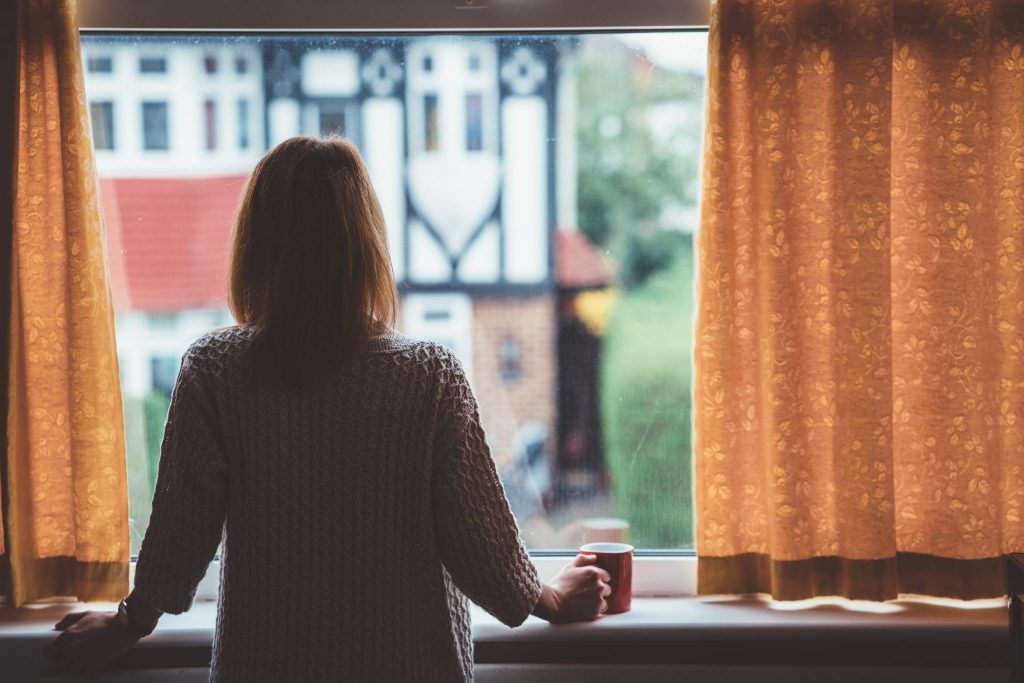As New Zealand enters what is being called its fourth wave of Covid-19, the Government has decided to retain its current settings requiring those who contract the virus to isolate for seven days

Covid-19 Modelling Aotearoa used a mathematical model to figure out how the country’s rates of Covid-19 infections, hospital admissions, and deaths would change if our isolation requirements were scrapped.
The programme found that ending the mandatory seven-day isolation period would cause a wave of infections in the following first two months, with a 13-25% increase in the total number of Covid hospital admissions and deaths in the subsequent six months.
The authors say, however, there’s a lot of uncertainty about the exact impact of ending mandatory isolation, because it’s not well known how people with Covid currently behave and because it’s hard to predict how people’s behaviour will change in response to a new policy.
Programme Co-Lead Dr Dion O’Neale calls fixed-length isolation a blunt tool for trying to reduce the number of people who are infectious in the community, but says it does have the advantage that it applies equally to everyone.
“A move to “guidance only” risks leading to a situation where some people are able to stay home, while for others it may be more difficult to isolate due to factors such as their employment situation or lack of sick leave.
“It is possible that it will also counterintuitively result in a reduction in the number of confirmed cases. This is due to expected reduced reporting rates and lower rates of testing once these are no longer linked to isolation requirements.”
Cabinet has decided to retain mandatory measures for cases to isolate for seven days and retain the mandatory use of masks for visitors to health care settings.
However, Cabinet has asked for more work to be done on whether testing to return to work earlier than the seven days for people who are not symptomatic or are mild cases could be a safe and effective model to reduce the impact on workforce this winter.
University of Otago’s Dr Rawiri Keenan says the decision comes as a relief for the current and future health service.
“Flu, whooping cough, RSV and measles are likely to feature this winter on an already stretched community and hospital health sector.”
Immunologist Dianne Sika-Paotonu says Covid-19 is still causing problems as we head into the winter months.
“Our health and associated support systems in Aotearoa New Zealand typically experience greater pressure during the winter months and the Covid-19 pandemic has generated significant and additional stress and strain to our already overloaded systems.
“Self-isolation measures for Covid-19 limit the spread of the SARS-CoV-2 virus and also help ensure people don’t become any sicker than they might be right now. Self-isolation is a temporary step, but very important one for everyone so people can get better, and also not pick up or spread any other illnesses going around.”
University of Auckland microbiologist Dr Siouxsie Wiles says while some people will argue this puts us more out of step with other countries, if we had followed those countries at the beginning of the pandemic, thousands more of our friends, families, and colleagues would have died and thousands more would be out of the workforce due to long Covid.







